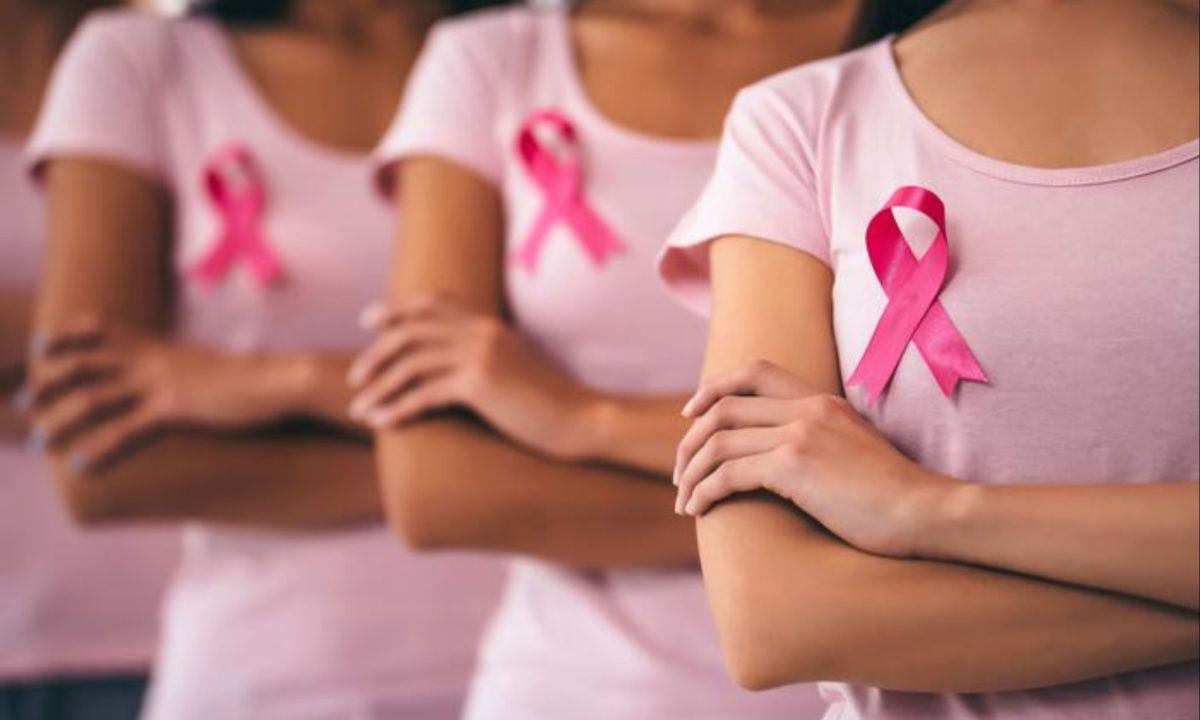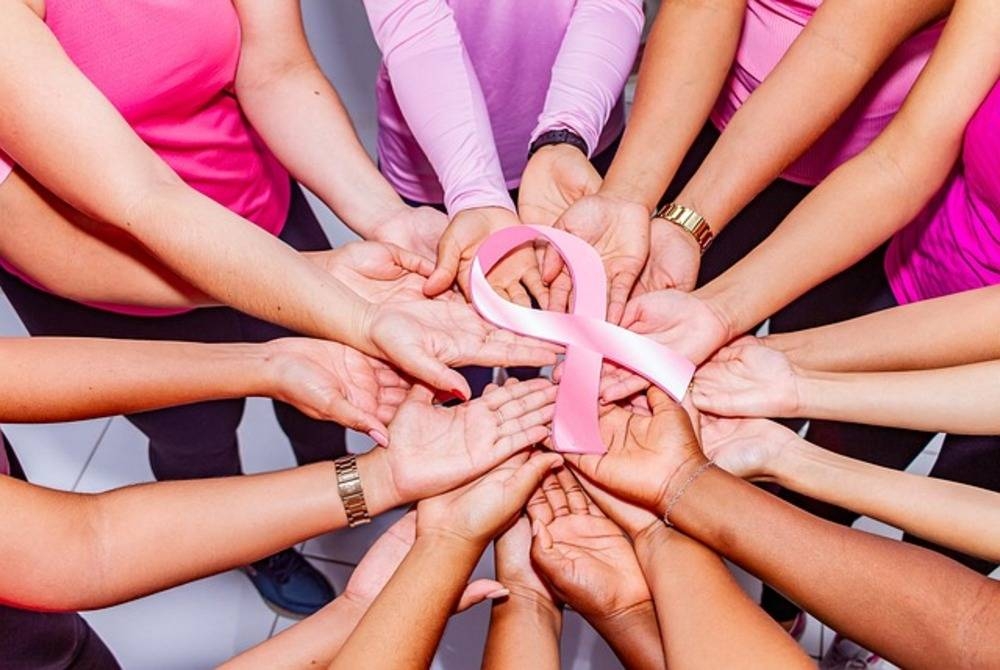A survey conducted by the Physicians Committee for Responsible Medicine (PCRM) revealed that most U.S. women do not consider diet as a significant factor in reducing breast cancer risk, despite its importance. Only 28 percent of respondents mentioned food as a preventive measure, while a majority, 56 percent, focused on screening methods like mammograms.
Dr. Kristi Funk, a breast cancer surgeon and prevention expert, emphasized that many women are unaware of the strong connection between diet and breast cancer, despite scientific evidence suggesting that nearly 50 percent of cases are preventable through diet and lifestyle changes.
The survey highlighted the lack of progress in raising awareness about the role of diet in breast cancer prevention over the past 30 years. A similar survey from 1995 showed that 23 percent of women recognized diet as a preventive factor, which is only slightly lower than the 28 percent reported in the recent survey.
Dr. Neal Barnard, president of the PCRM, pointed out that while public education has focused heavily on mammograms, there is a critical need to educate women about the protective benefits of a healthy diet.

When prompted about specific foods that might reduce breast cancer risk, 61 percent of respondents could identify at least one beneficial dietary habit. Common responses included the negative impact of excess weight and processed meats on breast cancer risk.
Vegetables and fruits were also recognized by some respondents as beneficial, but knowledge about specific protective foods like soy was limited. Only 17 percent of women knew that soy could reduce breast cancer risk, and 16 percent mistakenly believed that soy could increase it.
The survey also revealed a concerning gap in education from healthcare professionals, with 72 percent of women reporting they had never received information about the link between diet and breast cancer risk from their doctors.
Registered dietitian Stephanie McBurnett explained that high-fiber foods, including soy, flaxseed, and cruciferous vegetables contain nutrients that can significantly reduce breast cancer risk. However, many women remain uninformed about these dietary options.
Animal-based foods, such as processed meats and dairy products, were noted as contributors to higher breast cancer risk. Research suggests that consuming cow’s milk daily could substantially increase the risk of developing breast cancer.
Despite this, only 2 percent of women mentioned a plant-based or vegetarian diet as a preventive strategy. McBurnett underscored the importance of reducing meat consumption and choosing plant-based foods to lower cancer risk.
As part of breast cancer awareness efforts, the PCRM recommends a whole-food, plant-based diet, regular exercise, limiting alcohol intake, and maintaining a healthy weight to reduce breast cancer risk.
McBurnett advised focusing on a plant-rich diet, incorporating soy, and minimizing meat consumption as key strategies for lowering breast cancer risk. She also highlighted the benefits of regular exercise and avoiding alcohol, emphasizing that these lifestyle choices can significantly decrease the chances of developing breast cancer.
